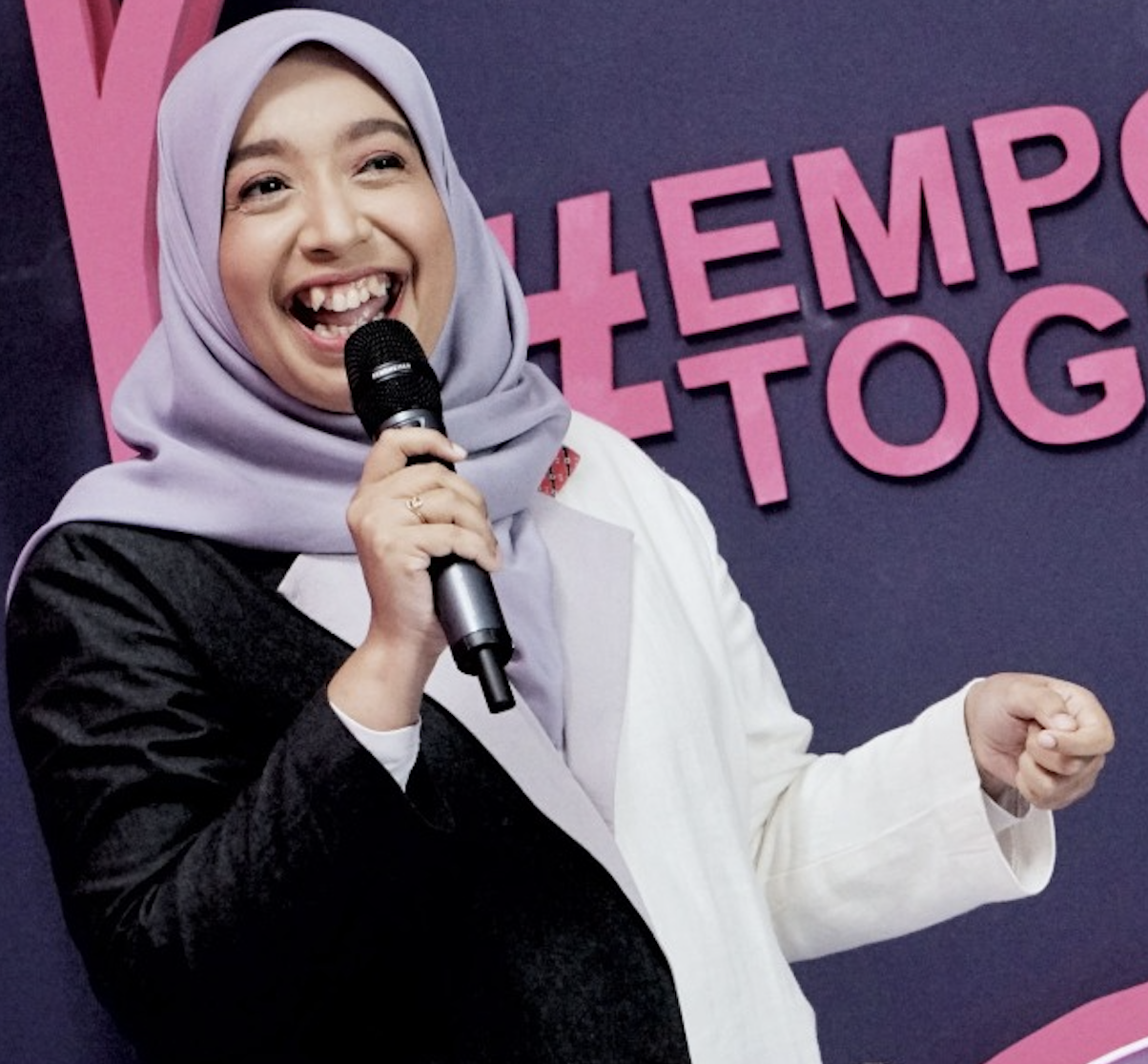
News
The Language of Comedy
Play audio version
Indonesia’s First Muslim Female Stand-Up Comic Sakdiyah Ma’ruf: At the Intersection of Interpretation and Comedy
May 9, 2022
When asked about her work as an interpreter and comedian and the influences that brought her to both industries, Sakdiyah Ma’ruf simply says, “I’ve always had something to say.”
Born in a small town in Central Java, Indonesia, Ma’ruf grew up in a conservative Muslim community before eventually studying English literature at Sebelas Maret University. She began volunteering at smaller events, such as disaster relief efforts, as a language interpreter. After completing her master’s thesis at Gadjah Mada University on the subject of stand-up comedy, she graduated in 2015 and found work as an in-house, full-time interpreter with a children’s rights organization. “I was never far away from topics related to human rights and social issues and advocacy,” she says.
Ma’ruf was recently hired to work as an interpreter and instructor with the Disability Justice Project’s first cohort of Indonesian fellows. As an interpreter, she works to build bridges and connect people. In the midst of those connections, she finds deep satisfaction and joy in her work. She admits that it can be challenging, but the work is fulfilling. Connection and communication are important to her. She counts herself fortunate that both her work as an interpreter and as a comedian share those commonalities: “I’m first and foremost interested in comedy because of the language. I thought it sounds like poetry even, where it is well-crafted.”
Ma’ruf was exposed to comedy at a young age. She grew up watching the likes of traditional Javanese comedies as well as sitcoms from the West. She turned to comedy after witnessing domestic and sexual violence against women and girls in her community. “I thought, ‘Well, somebody has to say something about this.’ Comedy is not only about walking funny or making a funny face. It’s a medium where you can actually talk about the issues that you think are important to you,” says Maruf. She gave stand-up a try in 2015, resolving to try it once and quit if she became embarrassed. Ma’ruf is now hailed as Indonesia’s first Muslim female stand-up comedian.
Ma’ruf has performed at TEDxUbud, Sydney Ideas at the University of Sydney, and Kompas TV, a national private news television network in Indonesia. In 2018, she was named one of BBC’s 100 Women, highlighting her work and her use of comedy “as a way to challenge Islamic extremism and violence against women.” While comedy is performance art, one that involves frequently standing on a stage in front of audiences that may or may not laugh, Ma’ruf finds sanctuary in her work as an interpreter. “It’s a perfect balance,” she says. “I found a place where I could just be and just work without worrying about whether it’s going to work or not. As long as I’m well prepared and the technology works, then it will be 90 percent to 95 percent guaranteed that [language interpretation] will work.”
In both areas of her work, Ma’ruf strives to be a human rights and social justice advocate. She expresses excitement about the 12-week Disability Justice Project (DJP) workshop she started with the fellows this week, citing the combination of social justice, storytelling, and language as motivation for her involvement with the DJP. “It’s a rare opportunity to delve into a topic for 12 weeks intensively. Twelve weeks in a row is such a rare, rare opportunity because even if I’ve been working on an issue as an interpreter for quite a long time, I’ve never had the opportunity to do 12 weeks straight,” she says. “I’m very much looking forward to remaining invisible, but at the same time being engaged with the journey of the participants.”
Her partnership with the DJP will allow her to delve deeper into the global disability justice movement: “It’s humbling for me to be able to learn from a movement that is so complex and yet so strong in terms of … its advocacy and humanity. I’m truly blessed to be able to work with the DJP.”
Claire Joy Moss is the Communications/Social Media Manager at the Disability Justice Project.
News From the Global Frontlines of Disability Justice

Rwanda’s Marburg Crisis
As Rwanda confronts its first-ever Marburg virus outbreak, people with disabilities face heightened risks — not only from the virus but also from the lack of accessible health information. “Without proper accommodations, such as sign language interpreters, captions, Braille, or visual aids, the Deaf and DeafBlind community may miss crucial information about how to protect themselves, symptoms to watch for, or where to seek help in case of infection,” says Joseph Musabyimana, executive director of the Rwanda Organization of Persons with Deaf Blindness.
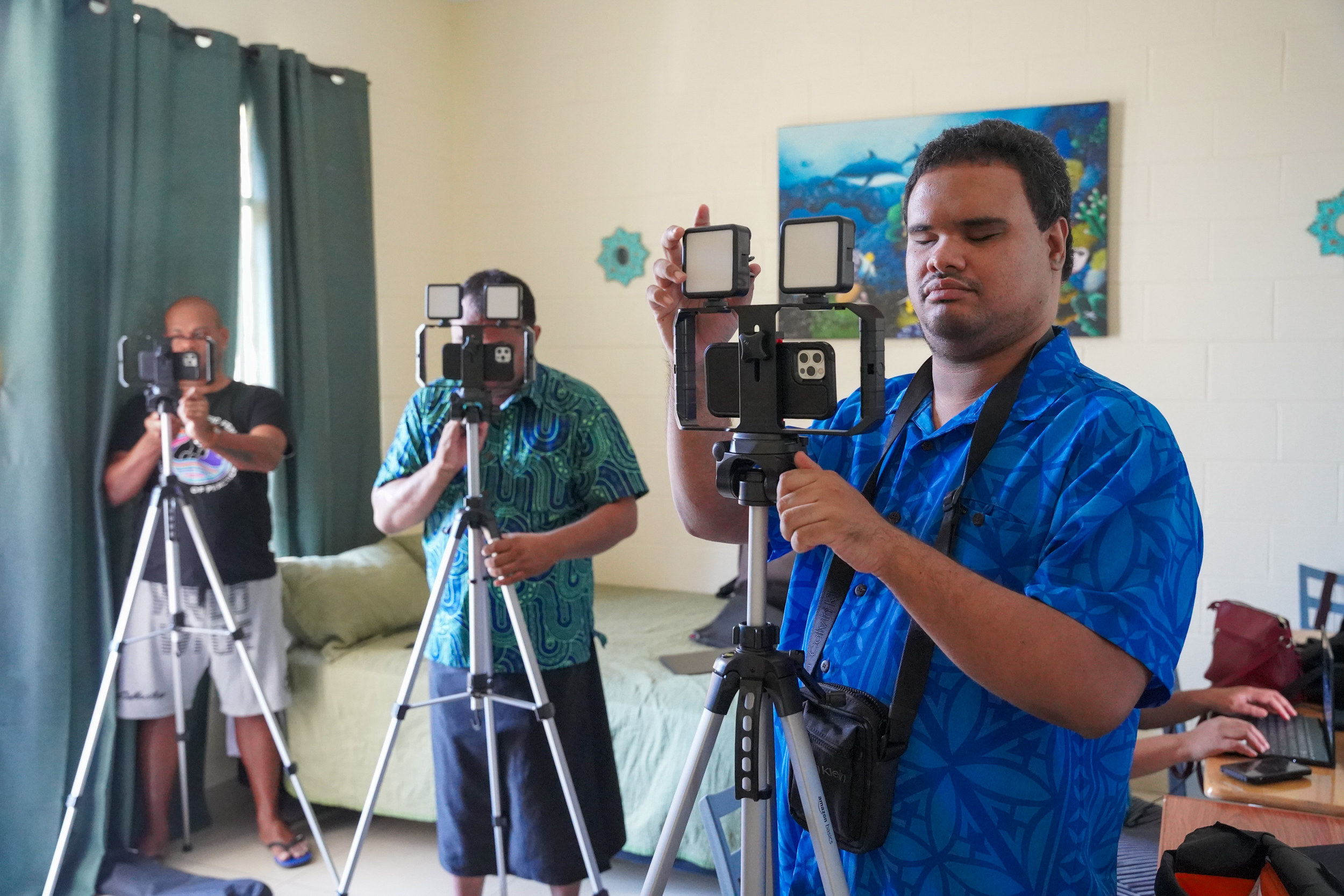
Capturing Vision Through Sound and Touch
Last summer, the DJP trained Indigenous activists with disabilities from the Pacific on the iPhone camera to create a documentary series on disability and climate change. With VoiceOver, the iPhone provides image descriptions for blind and low-vision filmmakers and offers other accessible features. “If you think about it, it doesn’t make sense for a blind person to use a camera,” says DJP filmmaker Ari Hazelman. “The iPhone gives you more avenues to tell your story in a more profound way as a blind person.”
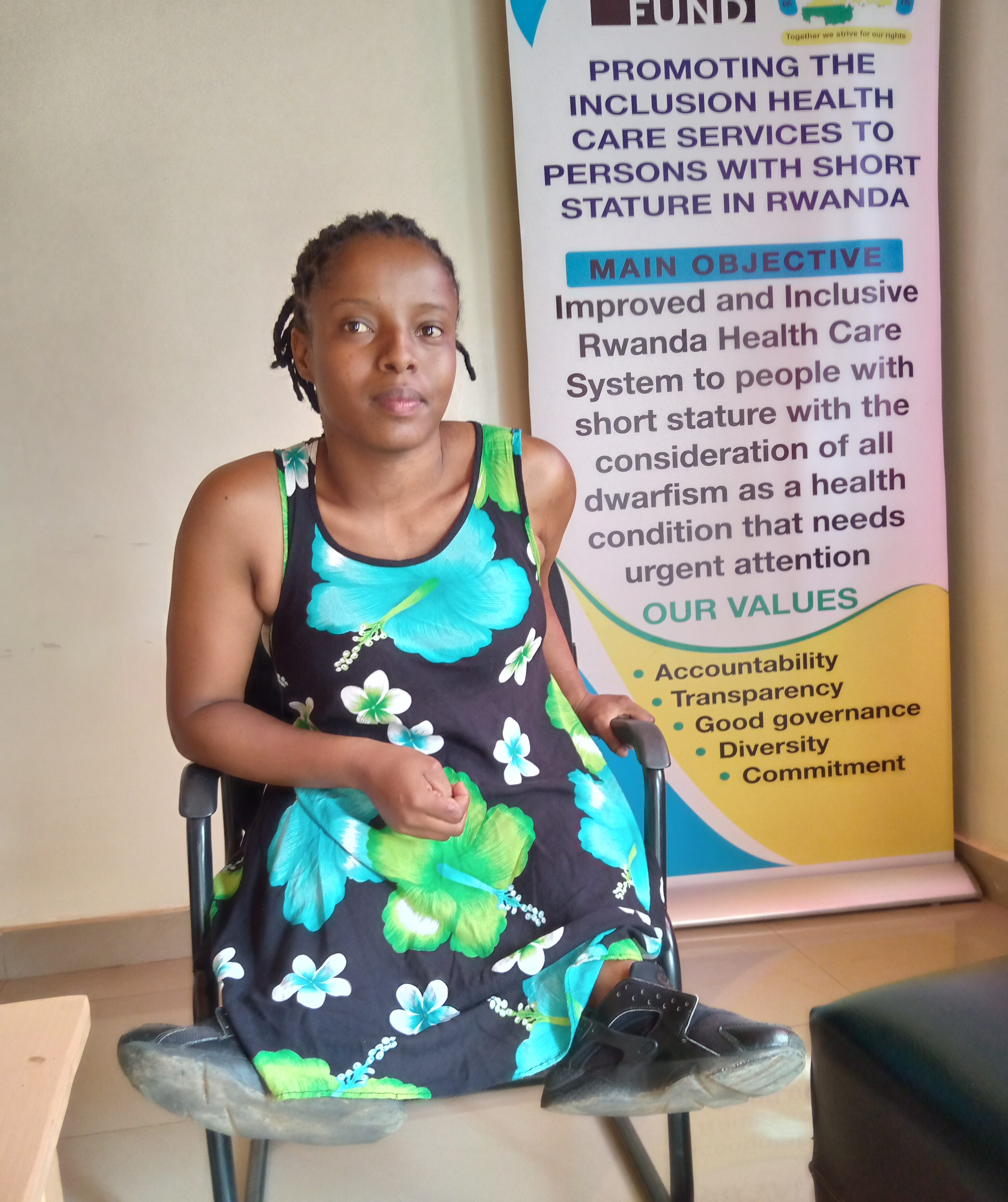
Work for All
The We Can Work program equips young Rwandans with disabilities to navigate barriers to employment through education, vocational training, and soft skills development. By fostering inclusive workplaces and advocating for policy changes, the program aims to reduce poverty and promote economic independence. Participants like Alliance Ukwishaka are optimistic that the program will enable them to achieve their dreams and showcase their potential. The initiative is part of a larger effort to support 30 million disabled youth across seven African countries.
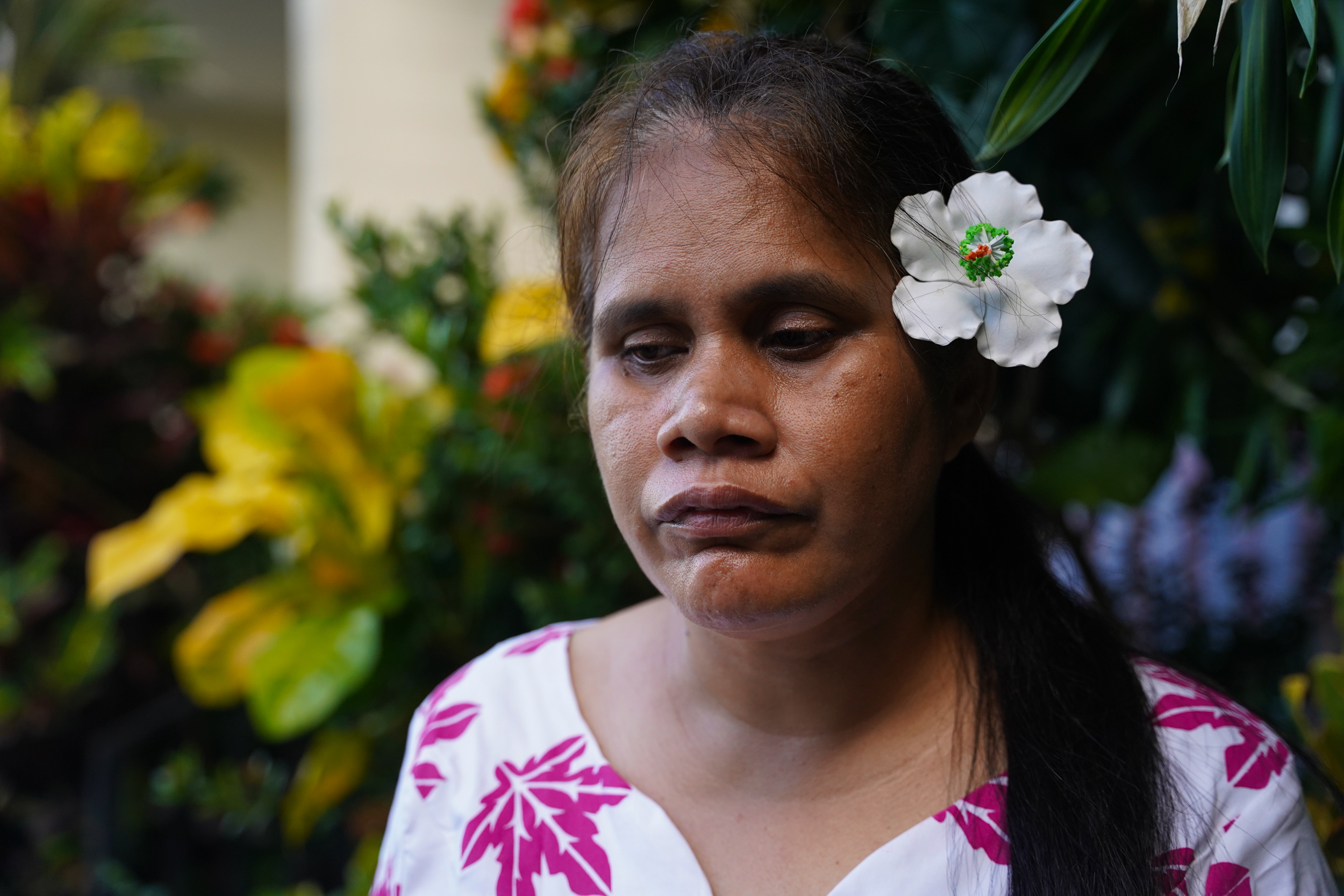
Global Recognition
Faaolo Utumapu-Utailesolo’s film “Dramatic Waves of Change” has been named a finalist in the Focus on Ability International Short Film Festival. The film, completed during a Disability Justice Project workshop in Samoa, highlights the impact of climate change on people with disabilities in Kiribati. Utumapu-Utailesolo, who is blind, used an iPhone with accessibility features to create the film. “Do not leave people with disabilities behind when [you] plan, implement, and monitor programs regarding climate change and disaster,” she says. Her achievement is a testament to the power of inclusive filmmaking.
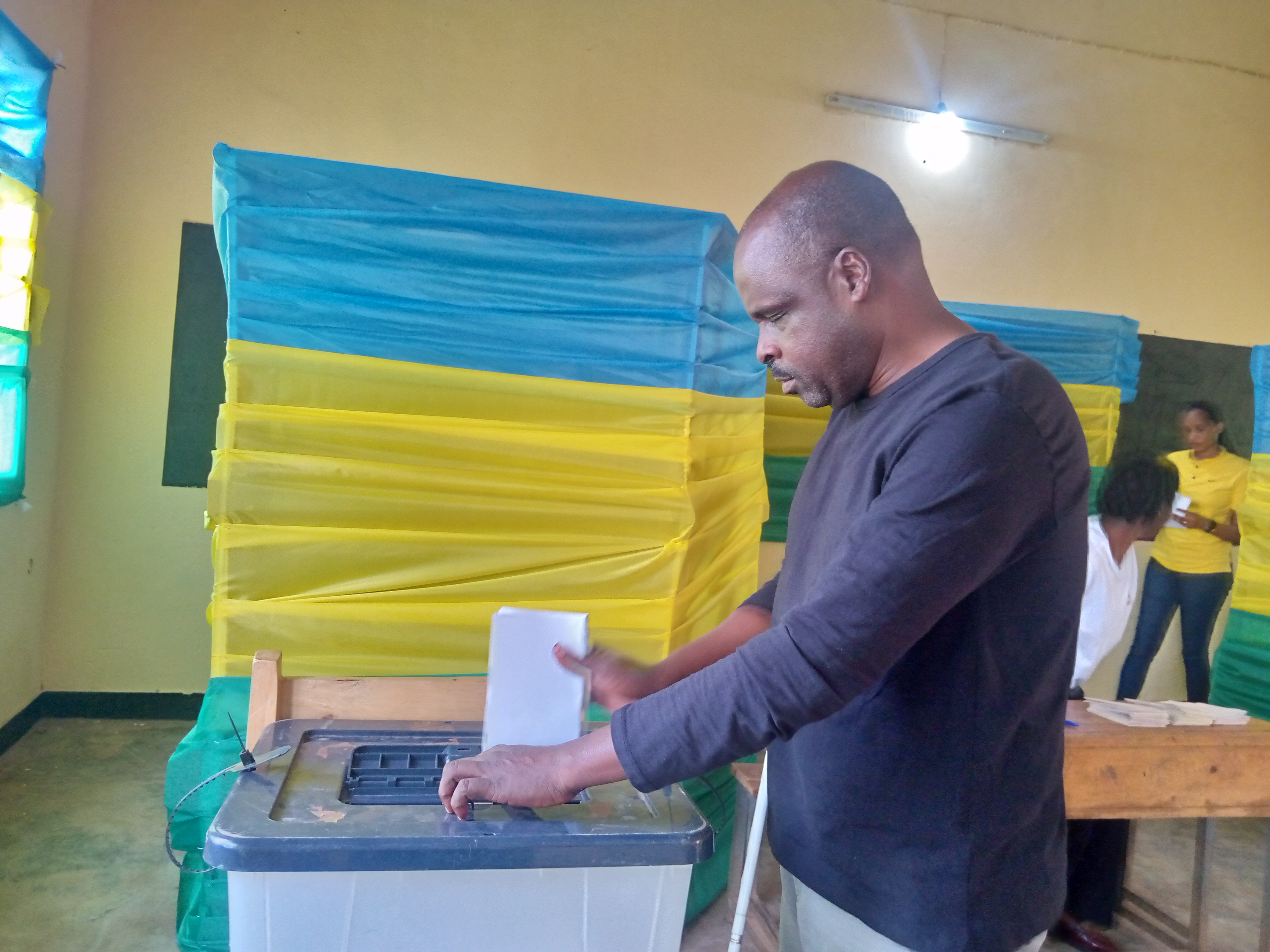
Advancing Democracy
Rwanda has made significant progress in making its elections more accessible, highlighted by the July 15 general elections where notable accommodations were provided. This was a major step forward in disabled Rwandans’ quest for equal rights and participation. “You cannot imagine how happy I am, for I have voted by myself and privately as others do accessibly,” says Jean Marie Vianney Mukeshimana, who used a Braille voting slate for the first time. “Voting is a deeply emotional and meaningful experience for a person with any disability in Rwanda, reflecting a blend of pride, empowerment, and hope.”
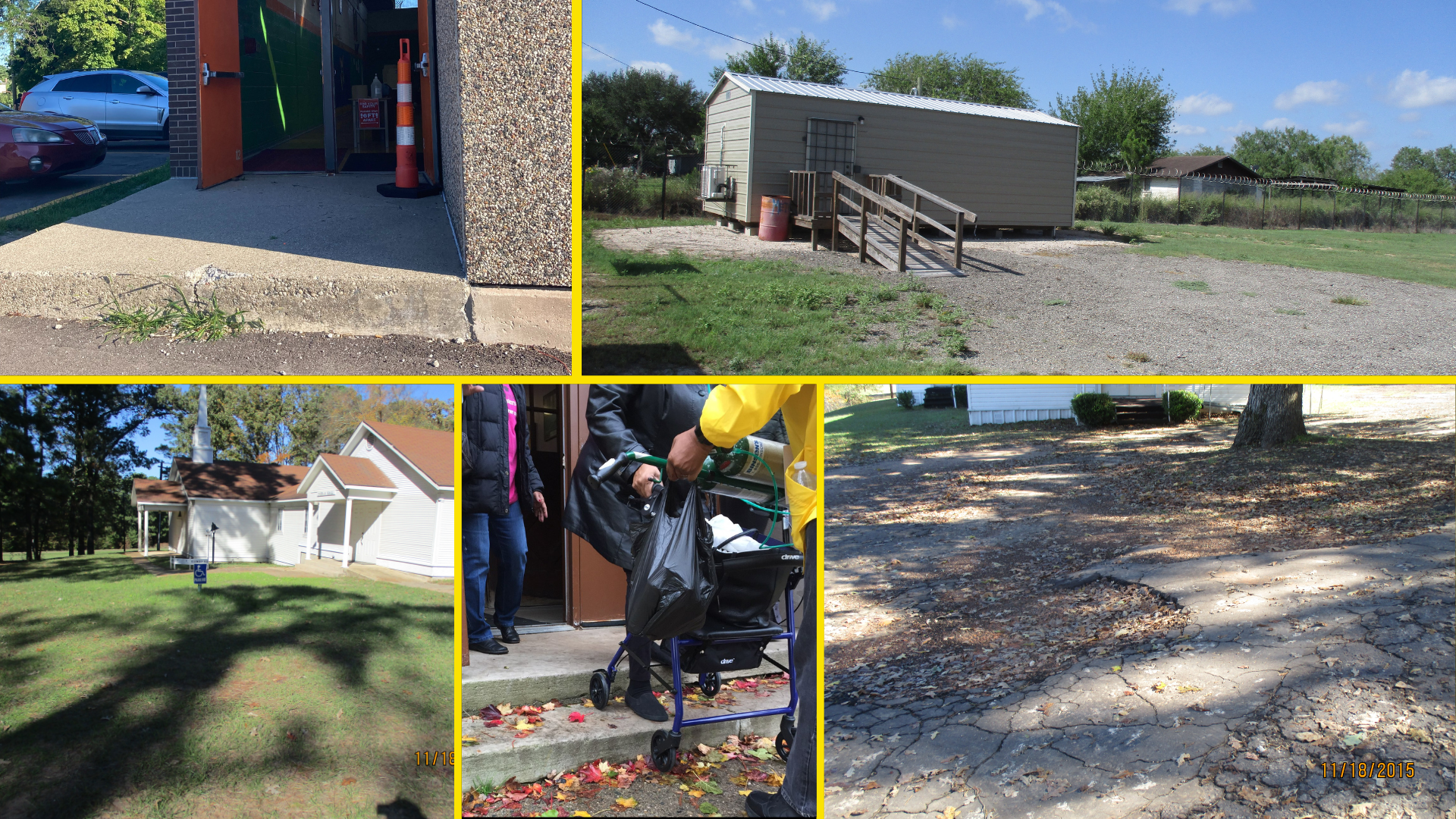
Barriers to the Ballot
Despite legislation like the Americans with Disabilities Act, barriers at the polls still hinder — and often prevent — people with disabilities from voting. New restrictive laws in some states, such as criminalizing assistance with voting, exacerbate these issues. Advocacy groups continue to fight for improved accessibility and increased voter turnout among disabled individuals, emphasizing the need for multiple voting options to accommodate diverse needs. ““Of course, we want to vote,” says Claire Stanley with the American Council of the Blind, “but if you can’t, you can’t.”